Research Chairs
Canada Research Chairs
The Canada Research Chairs (CRC) program plays a fundamental role in the support of cutting-edge research across the country. Chairholders accelerate and strengthen TRU’s research capacity, and are essential threads in the fabric of a university, creating increased momentum for research at TRU. The role of Canada Research Chairs is to engage in leading-edge research, elevate research training opportunities for students, and help answer questions of particular relevance to the communities we serve.
TRU has a current allocation of six Tier 2 Chairs. These are five-year appointments, renewable once. They are targeted at exceptional emerging scholars who have the potential to lead in their fields. Together, TRU’s six CRCs represent a $3-million investment from the CRC program, along with an additional $450,000 infrastructure investment from the Canada Foundation for Innovation.
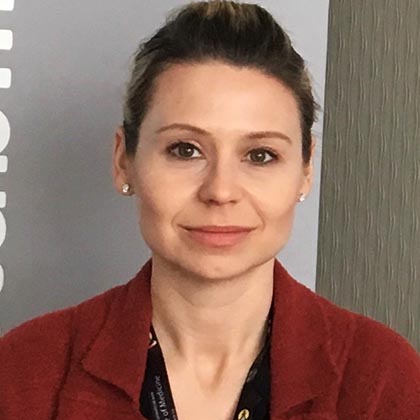
Dr. Juanita-Dawne Bacsu
Canada Research Chair in Nursing and Population Health, Faculty of Nursing
Research area: Dr. Bacsu’s research focuses on supporting healthy aging for older adults living with dementia in rural communities and will seek to improve the health equity and ability to age in place for rural older adults.
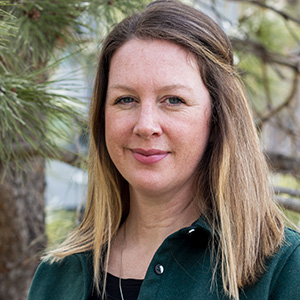
Dr. Jill Harvey
Canada Research Chair in Fire Ecology, Faculty of Science
Research area: Dr. Harvey investigates wildfire and drought as processes driving ecosystem change to help inform forest and fire management practices and enhance resilience in Canada’s forests.
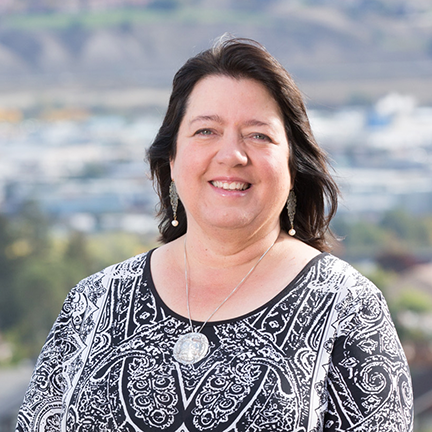
Dr. Shelly Johnson (Mukwa Musayett)
Canada Research Chair in Indigenizing Higher Education, Faculty of Education and Social Work
Research area: Exploring how university-based research and teaching can better serve Indigenous advancement, Dr. Johnson’s research plays a key role in ensuring universities are responsive to Indigenous peoples, and aligns with the Calls to Action on Education by the Truth and Reconciliation Commission of Canada.
Website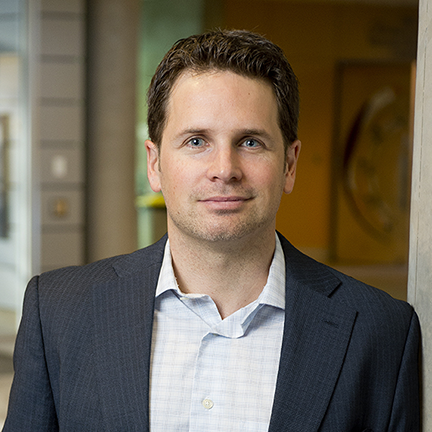
Dr. Courtney Mason
Canada Research Chair in Rural Livelihoods and Sustainable Communities, Faculty of Adventure, Culinary Arts and Tourism
Research area: Dr. Mason collaborates with Indigenous community members and band councils in rural Canada on health initiatives, tourism development and food security, and research results influence policy decisions concerning the development of Indigenous lands and resources.
Website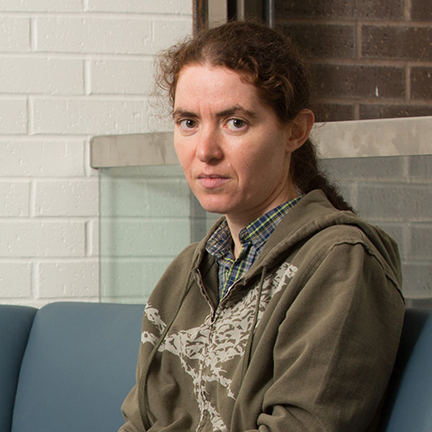
Dr. Yana Nec
Canada Research Chair in Applied Mathematics and Optimization, Faculty of Science
Research area: Dr. Nec develops mathematical tools to explain complex natural phenomenon that range from gas flow in landfill facilities to the dispersion of atmospheric pollutants, to signaling processes during immune responses.
Website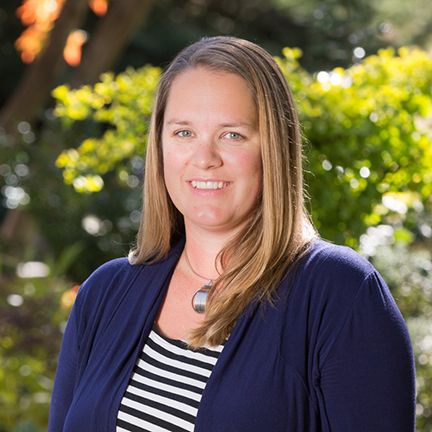
Dr. Heather Price
Canada Research Chair in Culture and Communities, Children and the Law, Faculty of Arts
Research area: Dr. Price is one of a handful of experts in North America on child witnesses, including children’s memory, investigative interviewing of children and evaluations of children’s credibility. Her research program assists in facilitating the participation of children in the justice system.
WebsiteFederally-funded research chairs
NSERC Industrial Research Chairs (IRC)
Industrial Research Chairs are prestigious appointments, intended to assist universities in building on existing strengths to achieve the critical mass required for a major research endeavor in science and engineering of interest to industry; and/or assist in the development of research efforts in fields that have not yet been developed in Canadian universities, but for which there is an important industrial need.
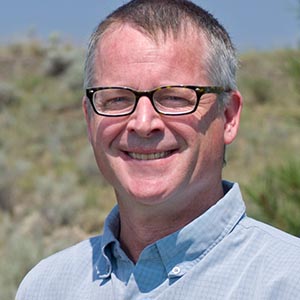
Dr. Lauchlan Fraser
NSERC Industrial Research Chair in Ecosystem Reclamation
Research area: Dr. Fraser is a community and ecosystem ecologist who is at the forefront of research that aids in the recovery of disturbed ecosystems. Fraser has led teams of national and international researchers on reclamation research relating to soil amendments, biodiversity and climate change, with a particular focus on the Southern Interior of BC.
WebsiteEndowed research chairs
BC Innovation Chairs
The Government of BC launched the Leading Edge Endowment Fund (LEEF) in 2002 to encourage social and economic development. The fund established 20 permanent Leadership Research Chairs, and nine Regional Innovation Chairs, designed to create opportunities through BC’s colleges, universities and institutes. The BC Innovation Council has administered the LEEF funds since 2012.
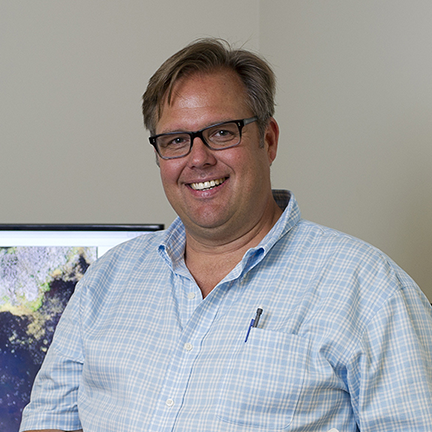
Dr. John Church
BC Regional Innovation Chair in Cattle Industry Sustainability, Faculty of Science
Research area: Dr. Church leads a multidisciplinary research team dedicated to the exploration and invention of innovative practices and technologies tied to the sustainability and enhancement of the cattle industry, rangeland and meat production.
Website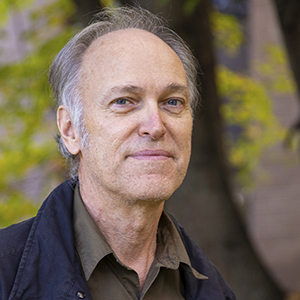
Dr. Mike Flannigan
BC Innovation Research Chair in Predictive Services, Emergency Management and Fire Science, Faculty of Science
Research area: Dr. Flannigan uses machine learning approaches to better model and predict wildfire activity, to inform the development of a wildfire early warning system and improve fire management planning and operations.
Website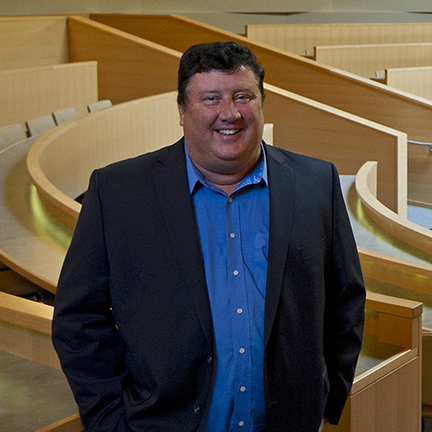
Dr. Rod McCormick
BC Regional Innovation Chair in Indigenous Health, Faculty of Education and Social Work
Research area: Dr. McCormick is a recognized expert in Indigenous mental health, and his research program focuses on Indigenous youth suicide prevention, Indigenous career and life planning, as well as Indigenous mental health and counselling.
WebsiteNorthcote and Brink Professorship
The professorship is funded by the Dr. Tom Northcote and Dr. Bert Brink endowment, established in 2005 to honour the contributions of Northcote and Brink to ecology in British Columbia. The goal of the professorship is to expand TRU’s knowledge of the connection between restoration of ecosystems and the social benefits to communities. The professorship may be held for up to three years, and is valued at $10,000 annually.

Dr. Jonathan Van Hamme
Faculty of Science
Research area: Dr. Van Hamme and his undergraduate researchers aim to develop remediation tools to restore ecosystems contaminated with toxic poly- and perfluoroalkyl substances (PFAS), commonly referred to as forever chemicals.
Website